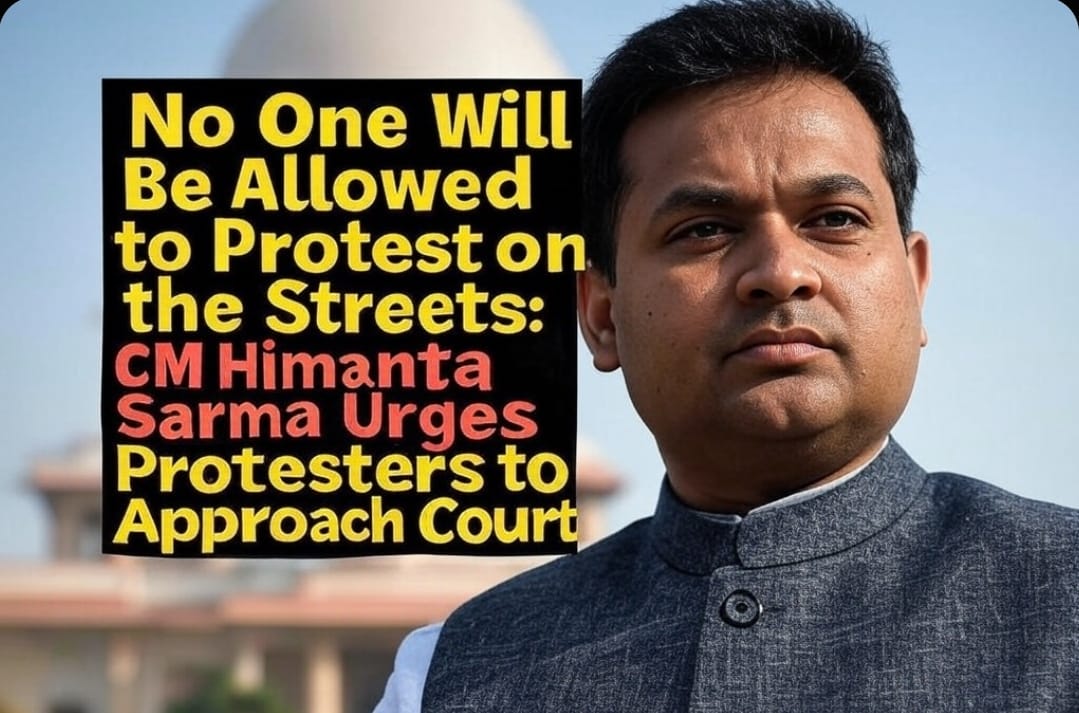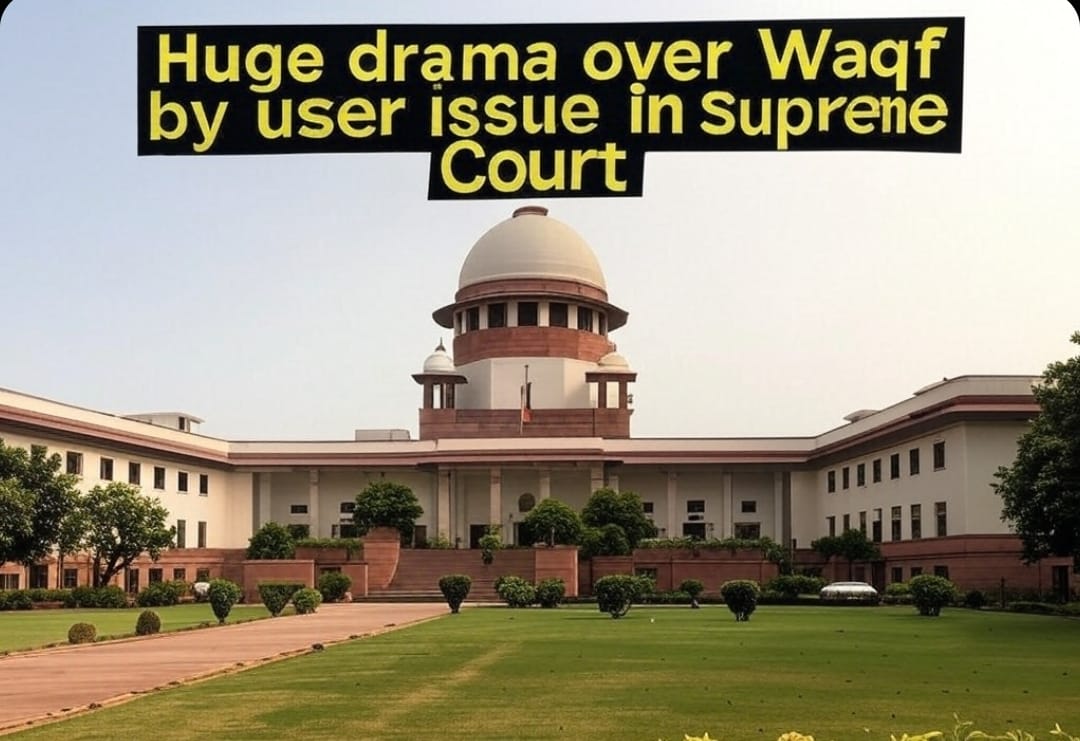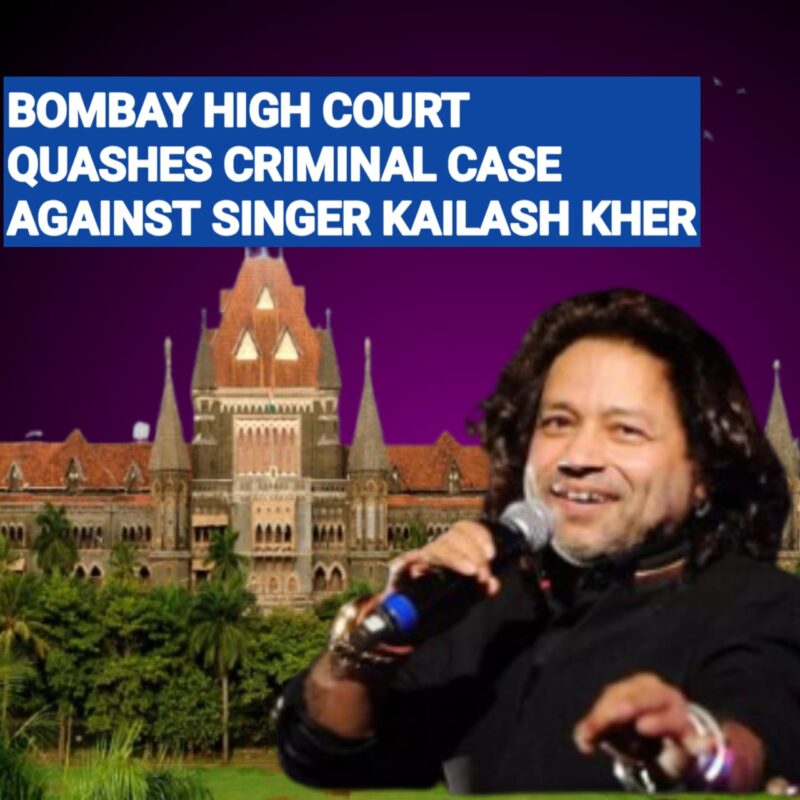The Waqf (Amendment) Bill, 2025 has been passed and protests and political confrontation have engulfed the whole country. With demonstrations escalating in certain states, Assam Chief Minister Himanta Biswa Sarma firmly declared that no street protests against the new law would be held in Assam, urging the opponents to seek redress from courts instead.
Widespread Protests Across India
Widespread protests erupted in cities like Kolkata, Chennai, Ahmedabad, and New Delhi soon after the Waqf (Amendment) Bill was passed by Parliament—by 288-232 in the Lok Sabha, and 128-95 in the Rajya-Sabha, Demonstrators organized by groups such as the Joint Forum for Waqf Protection hit the streets holding national flags and placards denouncing the bill. The protests saw the apprehension of about fifty people, including senior leaders of the All India Majlis-e-Ittehadul Muslimeen (AIMIM), as the situation turned tense in Ahmedabad.
Thousands marched in Bhiwandi, Maharashtra, where organizations like Raza Academy and All India Sunni Jamiatul Ulama condemned the law as unconstitutional and a threat to minority rights. The leaders argued that the bill violated the fundamental rights of all Indians, not just Muslims, and announced that they would seek legal recourse, including challenging it in the Supreme Court and in front of the President.
Political and Legal Pushback
The Opposition has come down hard. Congress MP and AIMIM national president Asaduddin Owaisi have already filed petitions in the Supreme Court saying that the law is “unconstitutional,” “targeted” and “discriminatory.” Congress leader Sandeep Dikshit later remarked, “If the government is doing something with the intention of division and hatred, then the opposition will protest. If a law has been made, then we have only one way: going to the Supreme Court. And we have done that.”
The All India Muslim Personal Law Board (AIMPLB), too, has called for peaceful protests all over the country and is planning to challenge the law in court. The amendments, according to the Secretary of the Board, Maulana Mohammed Fazlur Rahim Mujaddidi, are discriminatory and communally motivated. He pointed out that the government failed to consider an email campaign opposing the bill in which more than 5 crore emails were sent during the consultation phase.
Assam’s Firm Stance: No Street Protests
Against this national backdrop, the Chief Minister of Assam, Himanta Sarma, has established a stern message that street protests for the Waqf Bill are not to be permitted within the state. He has invited candidates opposing the law to go before the courts instead, stressing public order concerns so that communal tension does not escalate.
This is an extension of the government that returns a larger strategy ensuring the management of dissent through legal channels rather than through public protests, especially over sensitive questions which can lead to unrest.
Violence and Security Concerns
While many peaceful protests were waged, some became violent. In West Bengal’s Murshidabad district, two protesters for the Waqf Act were killed in clashes, leading Chief Minister Mamata Banerjee to declare that the Waqf Act would not be enforced in the state. Security has been ramped up in multiple cities, especially around Friday prayers with a view to obviating further violence.
The Road Ahead
The Waqf (Amendment) Act, 2025, remains an area of conflict within Indian political discourse, and its opponents are keen to test it in court and mobilize the public against it. As street protests are being legally banned in Assam, the national debate continues to engage issues of religious autonomy, minority rights, and avenues of dissent.
For now, opposition to the Waqf Bill will continue to play out in the higher courts even as it faces vocal opposition from political parties and civil society for the repeal of the law.
Written By
Syeda Ayesha is a passionate 3rd-year BBA LLB student at Sultan-Ul-Uloom College of Law in Hyderabad, with a special interest in criminal law and family law. She has built her academic journey on a solid foundation of legal principles, progressing from basic to advanced levels, and is eager to apply this knowledge in practice. Determined to gain practical experience, she is committed to learning more about the law. Ayesha is excited about the opportunity to work in a dynamic legal environment, which she sees as a valuable avenue for both personal and professional growth.













